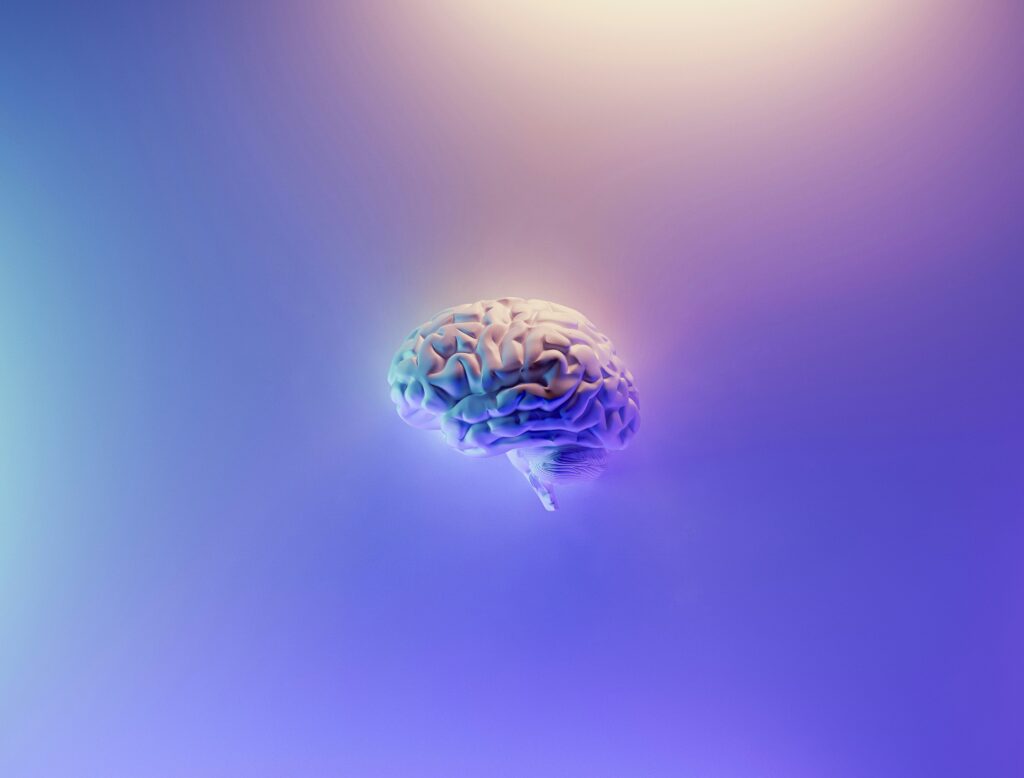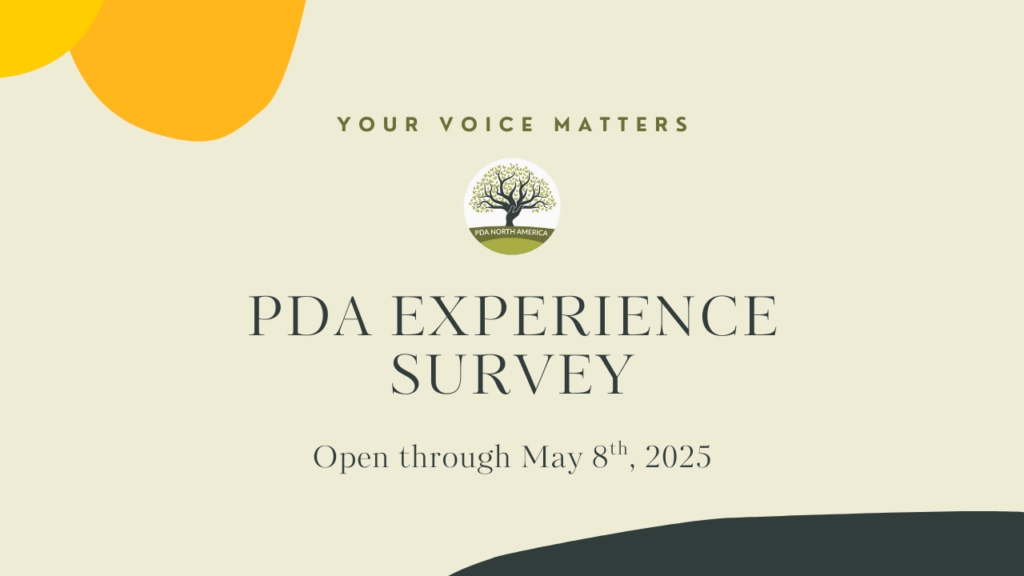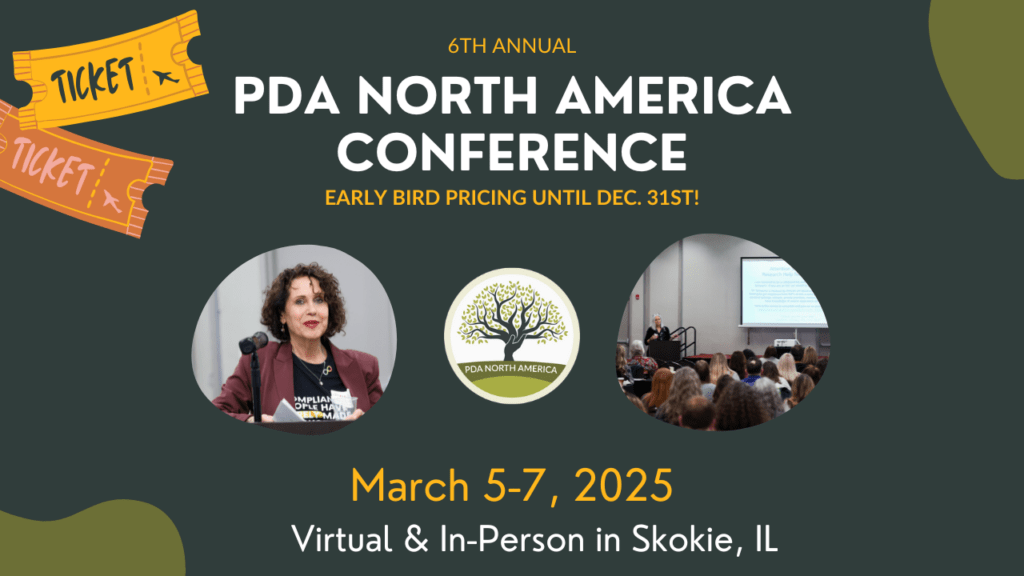by Jennifer I. Huffman, PdhD, ABPdNA
Pathological Demand Avoidance (PDA) is a term used to describe a profile within the autism spectrum. It is typically characterized by an extreme avoidance of everyday demands and requests, which can cause significant obstacles to the individuals daily functioning and relationships. Individuals with PDA often display an intense need to be in control of their environment and may resist or avoid following instructions, rules, or routines. This can manifest as highly unpredictable and challenging behavior, including verbal and physical aggression, tantrums, and defiance. Unlike typical autism, individuals with PDA may have strong social communication abilities and can be sociable in certain situations, but they struggle with the demand-driven nature of social interactions. As a clinical neuropsychologist with 20 years of professional and lived experience of autism, neurodivergence, and PDA, below are the most common features that I see in individuals with PDA and their families:
🧠 Anxiety and a Strong Need for Control:
Often individuals with PDA have an intensely strong need to control their environment due to anxiety. Specifically, they often reflexively react toward demands as if they are traumatic, causing trauma reactions such as fight, flight, freeze, or fawn. This reaction causes them to avoid everyday demands and expectations (including things that they want to do or enjoy) to an extreme extent. This can also include internal demands, such as hunger, thirst, and fatigue. In my practice it has been common to see children with PDA who also have a trauma history. A trauma informed approach to PDA is recommended, including the understanding of anxiety, communication, and executive functioning.
🧠 Typical Parenting and Teaching Practices are Ineffective:
Individuals with PDA often react with worsening emotions and behaviors when conventional parenting and teaching approaches are used, especially if these strategies are behaviorally focused. Because the demands are typically perceived as threatening, focusing on motivation and/or giving rewards and consequences does not work. Reducing demands and allowing for choice and giving agency is recommended instead.
🧠 Sensory Processing Challenges:
Sensory issues are also prominent in individuals with PDA and are related to both external sensory processing challenges as well as internal sensory processing challenges referred to as interoception. I often see that there is more than one member of the family with sensory challenges, and a sensory-focused family plan with determined low demand time is recommended. Additionally, schools are notoriously overwhelming, so sensory overwhelm leading to burnout from school is often associated with school refusal.
🧠 Attention and Executive Functioning Challenges:
Executive functioning challenges and PDA appear to go hand-in-hand. Individuals with PDA often have difficulties with executive functioning, including excessive mood swings, impulsivity, difficulty with task interdependence and initiation, and impaired shifting and cognitive inflexibility are prominent concerns. The combination of anxiety and executive functioning challenges may make their responses unpredictable. For example, they may have a panic attack or meltdown if highly anxious. Meltdowns can be either internal (inward focused) or external (outwardly focused) – these may result in aggression towards self or other. I have yet to meet a PDA’er that does not also have attention and/or executive functioning challenges, I think understanding underlying executive functioning challenges is as important to understanding the profile as it is to understand its relationship with anxiety.
🧠 Learning and/or Communication Differences:
Many individuals with PDA communicate and learn differently than their peers. In my experience, individuals are typically aware of these differences but globalize them and make an assumption that they are not capable. The combination of learning and communication differences causes significant impact in school, often leading to worsening school performance and increased school refusal due to feelings of failure.
🧠 Difficulties with Praxis:
While this could fall under the sensory processing area, I believe this area of praxis needs its own attention. In practice I have found that many children and adults with PDA have great cognitive abilities but very limited praxis abilities, meaning that they cannot put those thoughts and ideas into practice. This can apply to simple and complex tasks, including activities that require fine motor skills, gross motor skills, coordination, and spatial awareness. This becomes especially true when they are faced with a demand that they perceive as requiring pressure to be quick or efficient.
🧠 Memory Challenges:
Individuals with PDA may struggle with memory issues for multiple reasons. First, there appears to be overlap between those with a PDA neurotype and the co-occurrence of attention and learning challenges. All of which can be related to inefficient learning and difficulty with free recall (remembering things without a prompt). However, when the brain goes into a trauma state, the memory systems are redirected to address the threat. Therefore, the individual may not be able to recall the information that they need and they may not be able to learn anything going on at the time the demand is placed. Many times these individuals engage in what I call, “Offline processing.” When information is requested from them, they may often draw a blank due to the stress of the perceived demands, but once they have time to think about the situation later after the fact, they often are able to process the information without difficulty.
PDA is being recognized more frequently over the past several years in the United States, while our friends across the pond in the United Kingdom have had more extensive recognition of this profile across time. PDA is not currently recognized as a separate diagnostic category in major diagnostic manuals like the DSM-5 TR (Diagnostic and Statistical Manual of Mental Disorders) or the ICD-11 (International Classification of Diseases). However, it’s acknowledged and discussed within the autism and neurodivergent communities and by some professionals who work with autistic and other-neurodivergent individuals. Regardless, it is important that parents and professionals understand PDA, as typically different parenting and teaching strategies are needed.
Dr. Jennifer I Huffman is the owner of Neuropsychology Center for Attention, Behavior & Learning, PLLC in Champaign, IL. She is clinical psychologist and board certified pediatric neuropsychologist, educational consultant, autism advocate, and associate editor of Autistic Revolution Magazine. She can be reached at info@ABLEneuropsychologycenter.com or https://neurodivergentneuropsychology.com/.
5/7/2024







